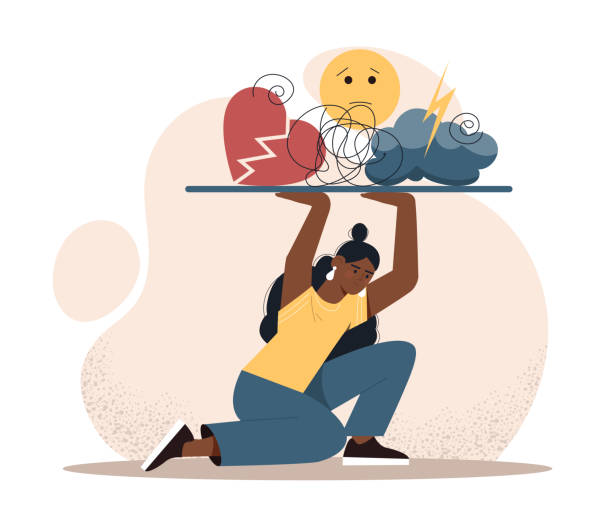Social anxiety is a common mental health issue that affects millions of people worldwide. It manifests as an intense fear of social situations, leading to avoidance behaviors and significant distress. Understanding the root causes of social anxiety is the first step towards overcoming it. Often, it stems from past experiences, genetic predispositions, or a combination of both. Recognizing that social anxiety is a manageable condition can provide the motivation needed to seek help and start making positive changes.
Identifying Triggers
Identifying specific triggers is crucial in managing social anxiety. Triggers can vary greatly from person to person; for some, it might be speaking in public, while for others, it could be attending social gatherings. Keeping a journal to note down situations that cause anxiety can help in identifying patterns and specific triggers. Once these triggers are recognized, one can work on gradually exposing themselves to these situations in a controlled manner, which is a technique known as exposure therapy.
Practicing Mindfulness and Relaxation Techniques
Mindfulness and relaxation techniques can significantly reduce the symptoms of social anxiety. Practices such as deep breathing exercises, meditation, and progressive muscle relaxation can help calm the mind and reduce physical symptoms of anxiety. Engaging in regular mindfulness practices can also improve overall mental health and provide tools to handle anxiety-provoking situations more effectively.
Seeking Professional Help
Professional help is often necessary for those struggling with severe social anxiety. Therapists can provide cognitive-behavioral therapy (CBT), which is highly effective in treating social anxiety. CBT helps individuals understand and change their thought patterns and behaviors that contribute to their anxiety. Additionally, medications such as Codeine Phosphate Tablets may be prescribed to manage symptoms, although these are typically used under strict medical supervision.
Building Social Skills
Building social skills can empower individuals with social anxiety to handle social situations better. Joining social skills training groups or workshops can provide a safe environment to practice and develop these skills. Learning effective communication techniques, such as active listening and assertiveness, can boost confidence and reduce anxiety in social interactions.
Gradual Exposure and Setting Realistic Goals
Gradual exposure to anxiety-inducing situations, combined with setting realistic goals, is a key strategy in overcoming social anxiety. Start with less intimidating situations and slowly work up to more challenging ones. Celebrate small victories along the way and be patient with the process. Setting achievable goals ensures steady progress and helps build confidence over time.
Using Medication When Necessary
In some cases, medication may be necessary to manage social anxiety symptoms. Apart from Codeine Phosphate Tablets, other medications like Pregabalin Tablets for Nerve Pain can also be used to alleviate anxiety symptoms. Pregabalin, while primarily used for nerve pain, has been found effective in reducing anxiety in some individuals. It is important to consult with a healthcare provider to determine the best treatment plan.
Developing a Support Network
Having a strong support network is essential in overcoming social anxiety. Friends, family, and support groups can provide encouragement and understanding. Sharing experiences with others who face similar challenges can be comforting and motivating. Support networks can also offer practical advice and strategies that have worked for others in managing their anxiety.
Embracing a Healthy Lifestyle
A healthy lifestyle can significantly impact mental health and reduce anxiety. Regular exercise, a balanced diet, adequate sleep, and avoiding substances like caffeine and alcohol can all contribute to improved mental well-being. Physical activity, in particular, is known to release endorphins, which can help reduce anxiety and improve mood.
Practicing Self-Compassion
Practicing self-compassion is crucial when dealing with social anxiety. It’s important to recognize that everyone has challenges and that overcoming social anxiety is a journey. Being kind to oneself and acknowledging progress, no matter how small, can foster a positive mindset. Self-compassion can also reduce the pressure and self-criticism that often accompany social anxiety.
Conclusion
Overcoming social anxiety is a gradual process that requires patience, persistence, and the right strategies. Understanding triggers, practicing mindfulness, seeking professional help, and building a support network are all important steps. Medications like Codeine Phosphate Tablets and Pregabalin Tablets for Nerve Pain can be beneficial when used appropriately. By embracing a healthy lifestyle and practicing self-compassion, individuals can significantly reduce their social anxiety and lead more fulfilling lives. For more information on managing social anxiety and accessing helpful resources, visit directpilluk.com

